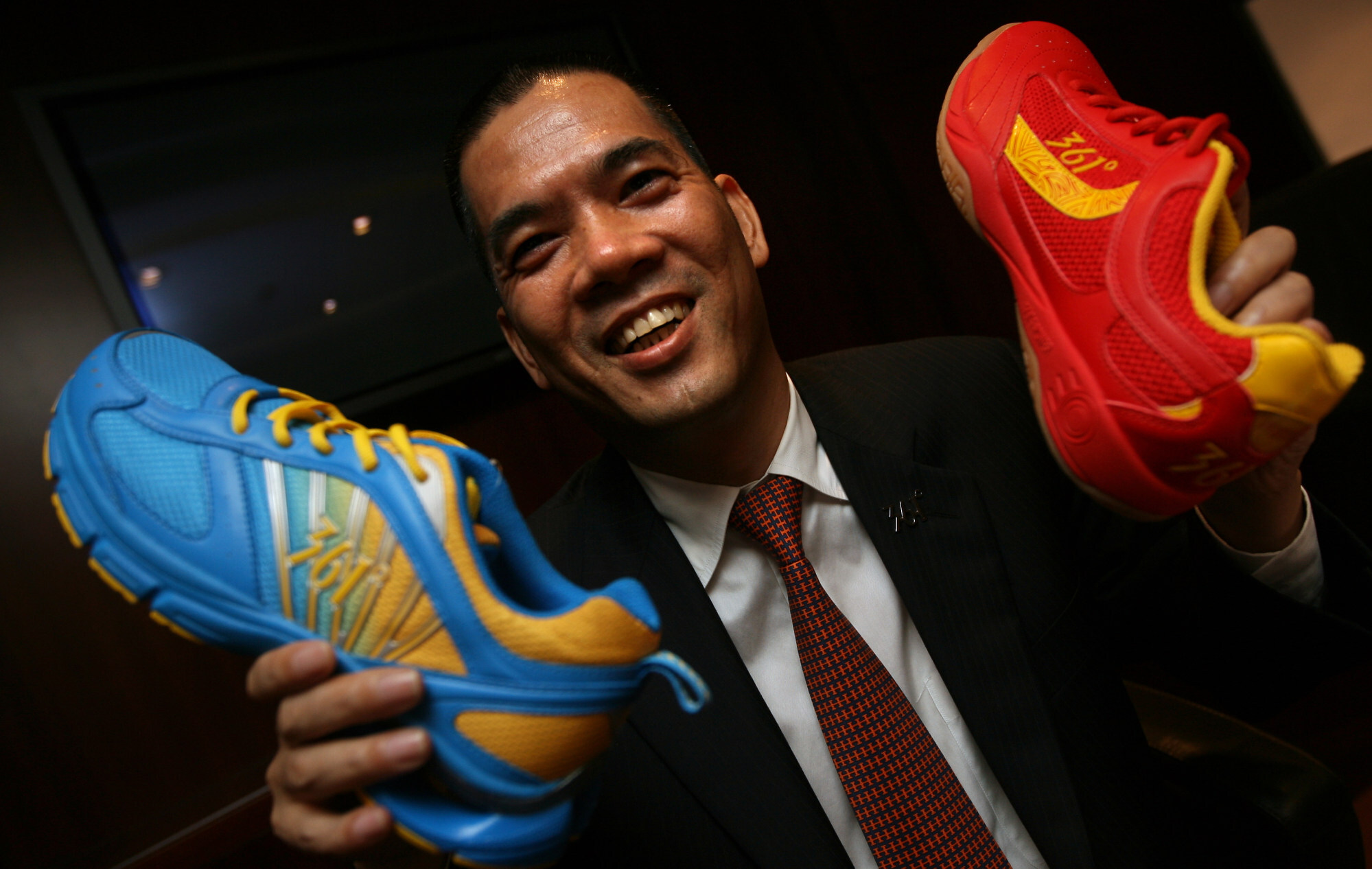
361 Degrees doubles down on using Xinjiang’s cotton as China’s rift widens with the world
- The company, based in the Fujian provincial city of Jinjiang, will buy raw cotton, yarns, fabric and other material from the CCIA and use the association’s trademark in its sales and marketing campaigns
- The CCIA will dedicate its ‘best cotton fields’ to supply 361 Degrees, according to a press statement
Through the partnership with CCIA, 361 Degrees “(hopes) to have the opportunity to provide consumers with better quality China cotton,” according to Zheng Yexin, the general manager of the company’s brand management centre.

The dispute over Xinjiang cotton is part of a wider rift between Beijing and Western powers over the treatment of the Uygur ethnic minority in China. China has been accused of sending mainly Muslim Uygurs to re-education centres for indoctrination and torture, which the Chinese government has denied.
CCIA has firmly thrown its support behind the cotton industry in Xinjiang, rejecting allegations of forced labour in the region, according to a report by the China Global Television Network, the international channel of China’s state broadcaster CCTV.
“The natural condition for cotton production in Xinjiang is superior, and it is entirely possible to produce high-quality cotton that exceeds Australian cotton standards,” said Liu Qiuhua, the general manager of 361 Degrees’ apparel product centre.
The partnership will also allow 361 Degrees to “convey the concept of comfortable, high quality and sustainable development of natural China cotton, and further enhance the international influence of China cotton,” Liu said.
Founded in 2003, 361 Degrees makes athletic shoes, clothes and accessories and is the controlling stakeholder of a venture with the Finnish brand One Way.

